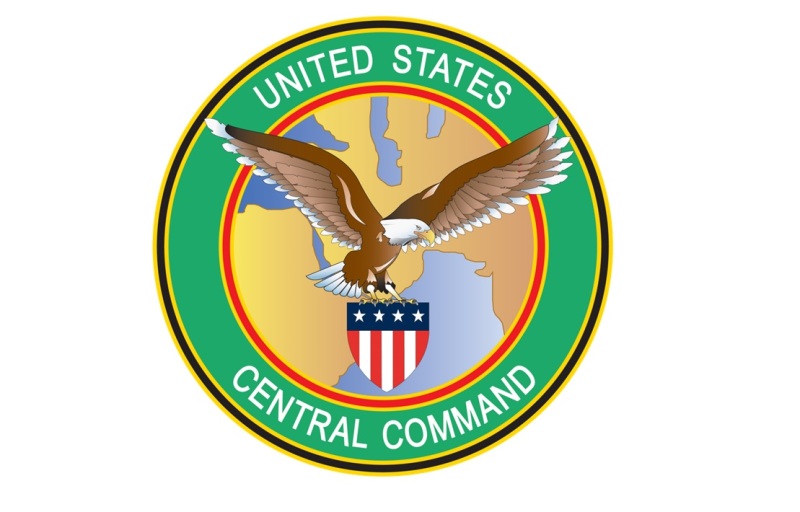
A group of hackers who claimed to be part of the Islamic organization ISIS and called themselves 'Cyber Caliphate' took over the social media accounts of the United States Central Command (CentCom) on Monday.
The agency's more than 120,000 followers were subsequently held as captured audience for the threats issued by the hackers, which ranged from sending aggressive messages to the public to specifically intimidating the American soldiers.
"We can confirm that U.S. Central Command's Twitter and YouTube accounts were compromised," disclosed a Defense Department official to the Daily News. "We are taking appropriate measures to address the matter. I have no further information to provide at this time," he added.
"AMERICAN SOLDIERS, WE ARE COMING, WATCH YOUR BACK. ISIS," read one status posted by the hackers on CentCom's Twitter page.
In addition, the 'Cyber Caliphate' breached the YouTube account of the agency. They posted propaganda videos geared towards promoting the cause advocated by ISIS. Within more than half an hour following the breach, both the Twitter and YouTube accounts of CentCom were taken down.
In the agency's Twitter account, they updated their social media followers on the status of their page following the breach with the message, "We're back! CENTCOM temporarily suspended its Twitter account after an act of cybervandalism."
In an official statement released by the United States Central Command, the agency disclosed that their social media accounts became the latest victims of cyber vandalism.
However, they asserted that their initial analysis of the situation revealed no imminent threat or grave consequences brought about by the online breach. CentCom also released a statement in response to the attack and the subsequent temporary shutdown of their accounts.
"Earlier today, U.S. Central Command's Twitter and YouTube sites were compromised for approximately 30 minutes. These sites reside on commercial, non-Defense Department servers and both sites have been temporarily taken offline while we look into the incident further. CENTCOM's operational military networks were not compromised and there was no operational impact to U.S. Central Command. CENTCOM will restore service to its Twitter and YouTube accounts as quickly as possible. We are viewing this purely as a case of cybervandalism.
In the meantime, our initial assessment is that no classified information was posted and that none of the information posted came from CENTCOM's server or social media sites. Additionally, we are notifying appropriate DoD and law enforcement authorities about the potential release of personally identifiable information and will take appropriate steps to ensure any individuals potentially affected are notified as quickly as possible."
Meanwhile, cybersecurity expert Peter W. Singer from the New America Foundation shared that the public should "distinguish between actual military works used command and control forces and a social media feed used by a public affairs officer." Although he asserted that this occurrence is only a "hugely embarrassing" situation for CENTCOM, he imparted that the effects of the propaganda will be disadvantageous to the agency. "It's this meme of a powerful institution embarrassed by the little guy. It's a meme that resonates," Singer remarked.



















